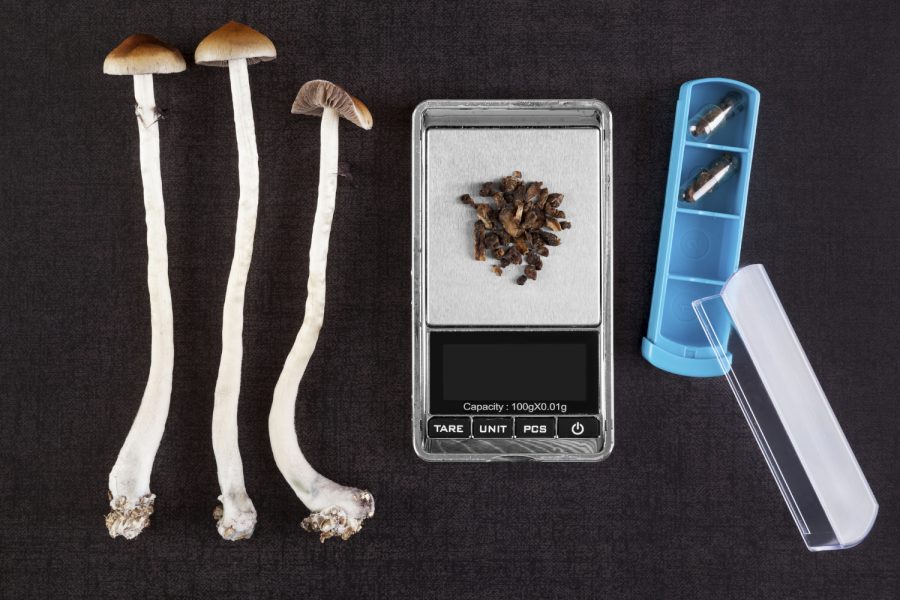Doc Is In | Psychedelics: tripping to treat depression, PTSD, and other mental health Disorders
From magic mushrooms to MDMA, monumental movements in mental health research in the last several years have prophesied profound potential for psychedelics within psychiatry.
May 2, 2023
Although agents like ayahuasca have been a part of ancient rituals for millennia, reports in the 1950s and 1960s sharing the successes psychedelics had in treating mental health conditions saw meteoric momentum. Just as studies showed promise, rumors of bad trips and counterculture protests associated with psychedelics accelerated the War on Drugs. Subsequently, the 1970 Controlled Substances Act criminalized psychedelics and other compounds.
What is the current state of psychedelic research?
After decades in the dark, recent Phase III clinical trials using psilocybin and MDMA again showcased psychedelics’ potential for treating mental health disorders. Because of the remarkable results of these studies, the Food and Drug Administration designated psilocybin for the treatment of depression and MDMA-assisted psychotherapy for post-traumatic stress disorder as breakthrough therapies.
This title elicited immense interest among podcast hosts, social media influencers, and researchers. Worth noting, these researchers include those at the University of Iowa who are soon conducting a clinical trial comparing the effectiveness of psilocybin and ketamine in the treatment of alcohol use disorder.
What is psilocybin?
Psilocybin, a compound cultivated from fungi, functions primarily by activating the serotonin 5HT2A receptor. This receptor can enhance cognitive flexibility and neural plasticity as well as decrease activity in the default mode network — a circuit that fosters daydreaming and our sense of self.
Together, these mechanisms may explain experiences of mysticism and provide answers about how psilocybin can treat disorders like depression. Studies like one in the New England Journal of Medicine in 2021 discovered that only two doses of psilocybin for depressed patients performed equally — and in some instances better — in reducing depression symptoms than those who received six weeks of traditional antidepressants.
What is MDMA?
Known as molly or ecstasy, MDMA increases the release of neurotransmitters like oxytocin, serotonin, norepinephrine, and dopamine, which can escalate peoples’ empathy and mood. Therapists have used MDMA in psychotherapy underground for decades for people with PTSD or trauma histories.
MDMA is believed to help people form more empathic relationships with their therapists and help them process painful memories in a more positive light to create new and less painful associations with their trauma. A landmark study in 2021 published in Nature demonstrated that in a double-blind, placebo-controlled trial, three sessions of MDMA-assisted psychotherapy contributed to the remission of PTSD in 67 percent of patients versus 32 percent of participants that received a placebo.
How safe are psychedelic drugs?
Despite the plethora of positive press, psychedelic use continues to possess numerous potential problems. The euphoria they can induce can promote misuse or abuse. Rarely, these substances can produce psychotic episodes. One study found that mental health complications from regular psilocybin use arose in less than 0.2 percent of a vulnerable population — those with previous psychiatric or family histories of psychosis.
While states like Oregon and Colorado have started the process of decriminalizing and legalizing psychedelics like psilocybin in the last two years, it will likely take several more years and published clinical trials before these mind-altering molecules like MDMA are FDA-approved and hit the mainstream for mental health treatment.
-Nathen Spitz, fourth-year medical student, Class of 2023
Columns reflect the opinions of the authors and are not necessarily those of the Editorial Board, The Daily Iowan, or other organizations in which the author may be involved.



